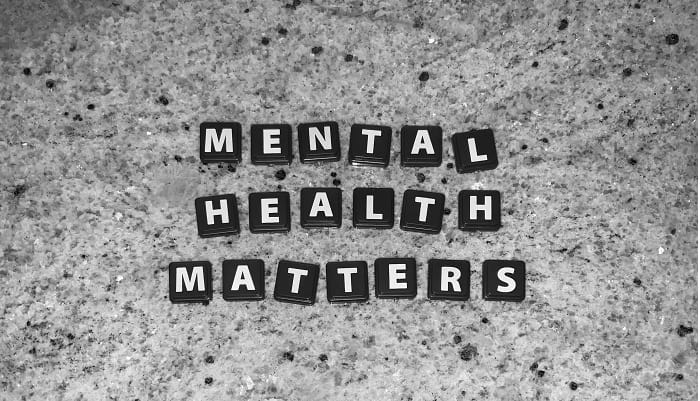As we emerge from the pandemic and start to get our collective lives back to some sort of normalcy, the focus is being put on mental health. Managing your mental health has always been a challenge but now it is even more difficult after how tough times have been the last few years and continue to be.
It is always challenging to take the time to manage one’s mental health but it is essential to do so now. The problem is that sometimes mistakes are made that set your mental health progress back a bit. In this article, we will go over several mental health management mistakes you could already be making and how to avoid them.
1. Doomscrolling
Early on during the Covid-19 pandemic, it was important to stay abreast of what was happening. There was a lot of uncertainty and it made sense to read a lot and watch the news. You needed to understand the difference between a PCR vs rapid test, for example.
The problem is that there is a point in which staying informed becomes doomscrolling. It has become a habit for many people since there seems to be no end to Covid and other tragic world events seem to keep happening that cause anxiety.
This constant consumption of bad news leads to some very poor mental health. Despite your best efforts, you are likely regressing even though you are otherwise doing a great job at managing your mental health. It’s almost like drinking soda after a workout and not making any progress as a result.
At this point, you need to put the phone down and stop looking for bad news. This is a good time to try to enjoy life again and reading those headlines isn’t helping.
2. You’re not sleeping enough
Sleep is so essential to mental and physical health and yet it is widely regarded as a waste of time. To properly care for yourself you have to be getting enough sleep. When you don’t sleep, you are not allowing your body to heal itself from the stress you’ve put it under. The same goes for your mind.
It’s really important to get enough sleep to be able to fend off anxiety, for example. Make sure to maintain proper sleep hygiene by doing certain bedtime routines to make sure you are asleep on time and get plenty of rest.
3. You don’t take breaks
Part of resting your brain isn’t just about getting enough sleep. It also means taking a break from work, and other responsibilities to give your mind a rest from thinking about important things all day.
Vacations are not something to feel guilty about as they are essential to staying mentally healthy. If you aren’t taking vacations or otherwise doing something different from your normal routine then you will have a hard time managing your mental health as you will get burnt out. Taking a short walk during the work day will also help you give your brain a break.


















